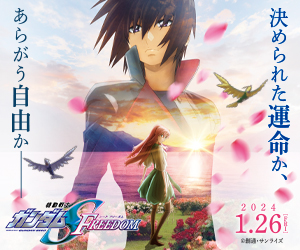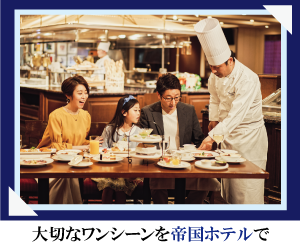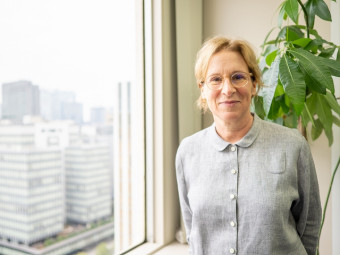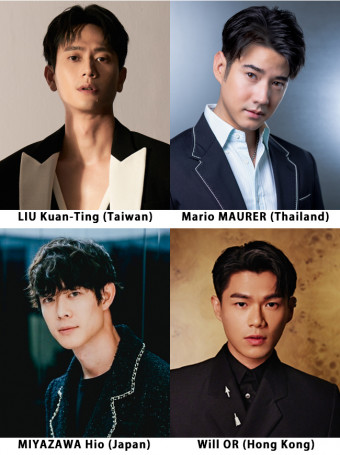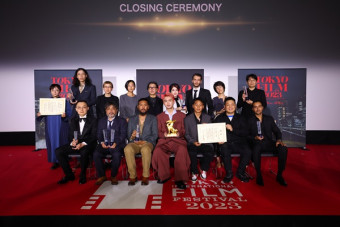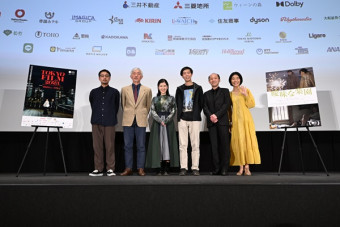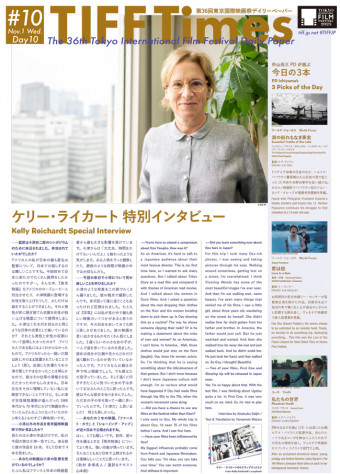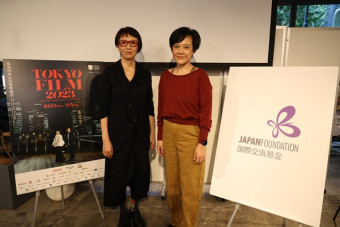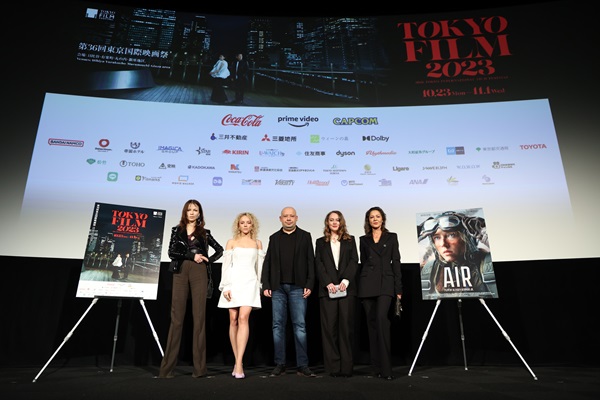
The Russian film Air, which had its world premiere as part of the Competition section of the 36th Tokyo International Film Festival on October 26, is one of the few war epics to take the point of view of female soldiers who participated in actual combat. Set during the sieges of Leningrad and Stalingrad in 1942-43, the film follows a squadron of women pilots pressed into service for the Soviet air force, mainly to protect supply lines from German fighter planes. The women at first are treated derisively, if not with outright contempt, by the male pilots, but as they prove their mettle in battle, they earn the respect of everyone they come into contact with. Predictably, their story had been lost to history; that is, until now.
The director of Air, Alexey German Jr., making his first visit to Japan, told the audience during the post-screening Q&A that, in fact, there were some 800,000 Soviet women fighting against the Germans in World War II. “Some estimates go as high as a million,” he said, “and I wanted to record that as part of history.” Moderating the session, TIFF Programming Director Ichiyama Shozo asked if all the incidents and persons depicted in the film were real, to which German replied, “The main characters are invented, but the situations are based on real stories. Many Soviet women pilots shot down German airplanes.”
There is a great deal of death in Air, which addresses not only the desperate situation on the German frontlines for both Soviet soldiers—chronically undersupplied and making do with dated equipment—and Soviet civilians, but also the chaotic nature of war. Unlike the dogfights in Hollywood movies, the aerial warfare here is choreographed for maximum disorientation, giving the viewer the sense that pilots were totally at the mercy of one’s machine and whatever skills they possessed.
The film’s protagonist is Zhenya (Anastasia Talyzina, who was in the audience with two other actors from the film but did not participate in the Q&A), the daughter of a famous fighter pilot who was executed for undermining Soviet authority, and whom Zhenya herself had a hand in betraying in her patriotic zeal. One of the movie’s most potent subtexts is the way some characters are removed from the story not through the agency of the Germans, but by the Soviet military, which must have a scapegoat when things go wrong, even if it’s something no one could have prevented.
The director’s main purpose, he said, was to show how “women could fight as courageously as men.” In carrying out this mission he hired female crew members. “The woman sitting next to me (Elena Okopnaya) is the production designer and the costume designer, and she recreated that world. Two of three camera operators were women, and the editor was a woman.”
One Russian-speaking woman in the audience asked Okopnaya, who is also German’s wife, how she could achieve such convincing detail without having lived through that era. “Of course, I worked hard to recreate the times,” She said. “But I really wanted to bring out the characters, so I worked harder on the costumes and how people wore them. I even made the thread in the original way. I also designed the airplanes that were used in the film.”
Another audience member commented that, while the movie was very violent, he found that much of it had a calming effect. German wasn’t too sure how to respond and said, “If you’re talking about explosions, I don’t care much for action film devices. I’m more interested in characters and how they feel, so I concentrated more on the actors.”
However, Okopnaya understood what the man was getting at. “Yes, there are a lot of noisy films these days, especially when they are about war,” she concurred. “But movies should reflect emotions and concentrate on the whispers rather than the screams.”
Q&A Session: Competition
Air
Alexey German Jr. (Director/Screenplay), Elena Okopnaya(Production Designer/Costume), Anastasia Talyzina (Actor), Elena Lyadova (Actor), Aglaya Tarasova (Actor)

















